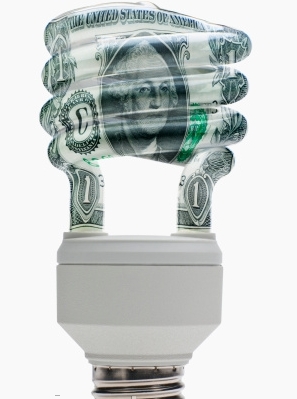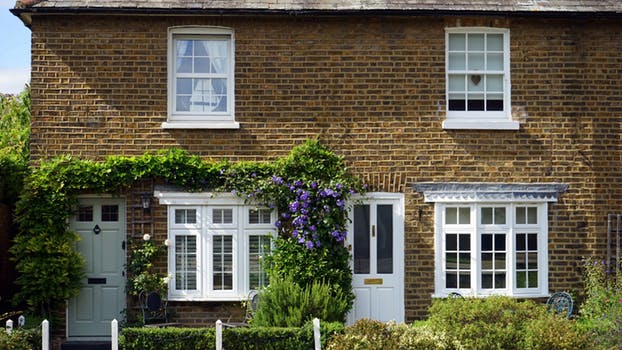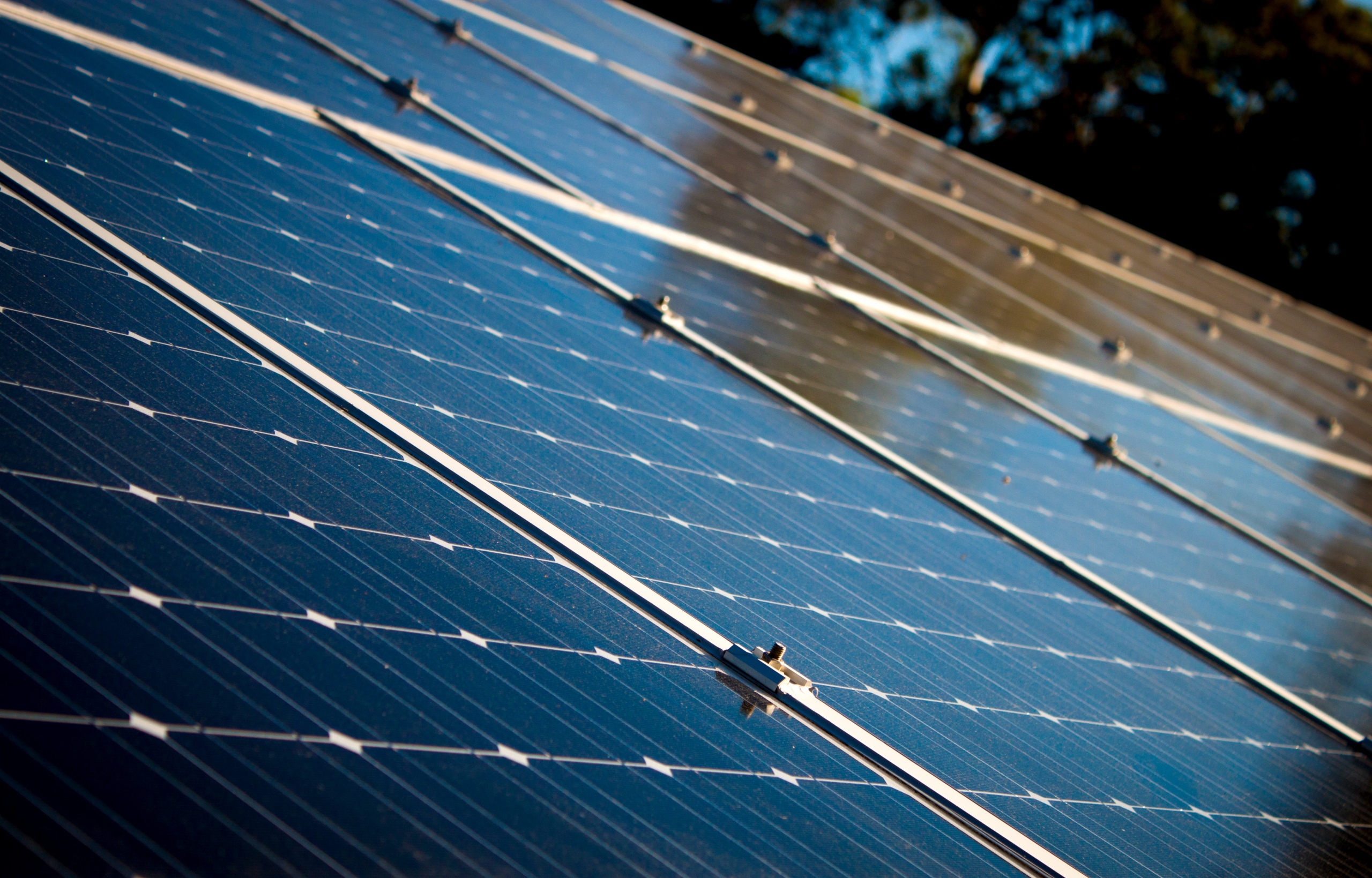As every UK energy consumer is aware, energy costs have been rising in recent years. The costs of gas and electricity make up a large component of the expenses of most households.
As a result, both traditional media and the Internet are awash with energy saving tips that claim to help people save money. But just how much money can these tips cause you to save?
The truth is that some energy saving tips are simply not as useful as they claim to be for helping people save energy. A recent study by the consumer organization Which? identified a range of energy saving devices that were not worth the purchase cost.
Based on this research, here is your guide to energy saving measures that you would be well advised to steer clear of.
Energy Saving Gadgets
Since the recent rise in environmental consciousness, many devices have come onto the market claiming to reduce your energy consumption without any change in your behaviour.
One popular type of device plugs into a socket and claims to significantly reduce the energy usage of any appliance that is linked to it.
Tests by Which? have found that these devices do not decrease energy usage and can actually slightly increase the amount of electricity used.
To avoid wasting your money on what is clearly a fraudulent product, steer well clear of any device that claims to offer a miraculous decrease in energy usage without explaining how the reduction can be achieved.
DIY Insulation
Adding insulation to your home is generally a very good way to cut your heating bills.
Because it can be costly to hire a contractor to replace your windows with double glazed ones, or inject insulation into the walls of your house, many people are looking for cheaper solutions.
However, many DIY solutions offer at best only marginal benefits and actually give a worse return on investment than more expensive solutions.
For example, you can buy window insulation kits for as little as £10, which claim to reduce heat loss from your windows. The kit consists of a thin film of transparent plastic that fits over the window, supposedly reducing the amount of heat that is lost.
However, research by Which? found that the films easily became damaged or torn, and that they made almost no difference when fitted on a double-glazed window.
Unplugging Gadgets
A long-standing energy saving tip is to unplug chargers and other devices at the wall when they are not in use. The theory is that phone chargers draw electricity from the socket even when the phone is not attached.
However, technology has moved on during the last few years, so that the amount of energy used by a modern phone or iPod charger only adds up to a few pence on your electricity bill over the entire year.
A good way to decide whether you need to unplug a gadget is to feel it with your hand when it has been plugged in but left idle for a few hours. If it is warm to the touch, it is using power – so turning it off will help you to save energy. If the device is cool, however, then the savings you will make by unplugging it are likely to be negligible.
Solar Panels
Thanks to a Government-funded incentive program, many homeowners have installed solar panels on their homes during the last few years. The installation costs are high, but these homeowners are able to recoup their investment by selling electricity back to the grid at a price set by the Feed-In Tariff (FIT).
In 2012, the Government reduced FIT rates for new solar panel installations, with the result that it will take homeowners who install solar panels in the future much longer to get a return on their investment.
If you have a south-facing section of roof that catches the sun, installing solar panels to generate your own electricity will reduce your electricity bills, particularly if you are able to run appliances during the day while the sun is shining.
However, the reduced price that you will get for selling your excess electricity back to the grid means that it could take several decades for the solar panels to pay for themselves.
Effective Ways to Save Energy
Do not let this myth-busting information discourage you from being careful with energy. There are many highly effective ways to save energy, including fitting energy saving bulbs and turning off appliances that are not in use. By knowing the difference between effective and ineffective energy saving tips, you can efficiently reduce your energy bills without significantly affecting your quality of life.
One of Sam Jones’ favourite energy saving tips is to compare gas and electricity prices at uSwitch.com to find and switch to a cheaper supplier





